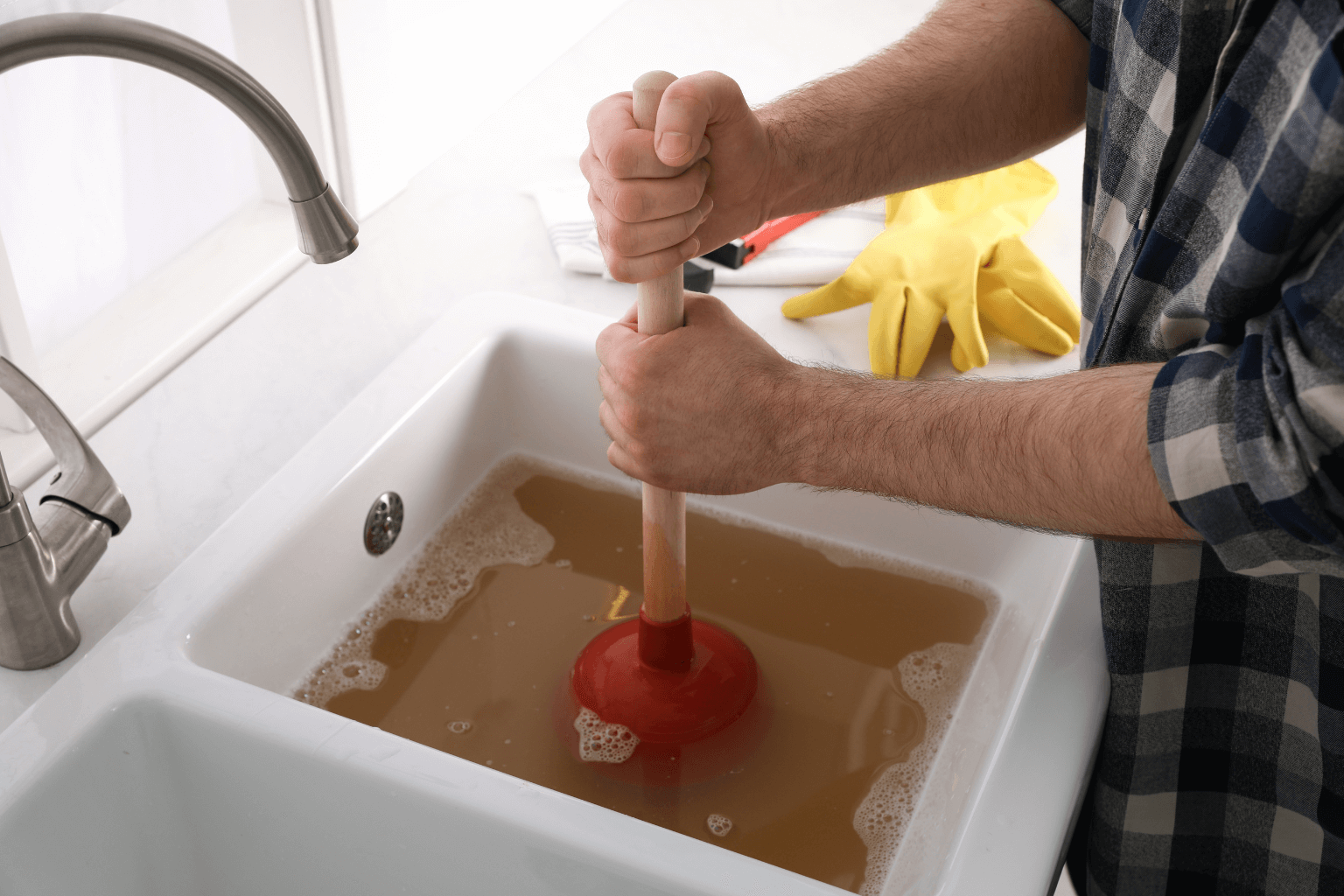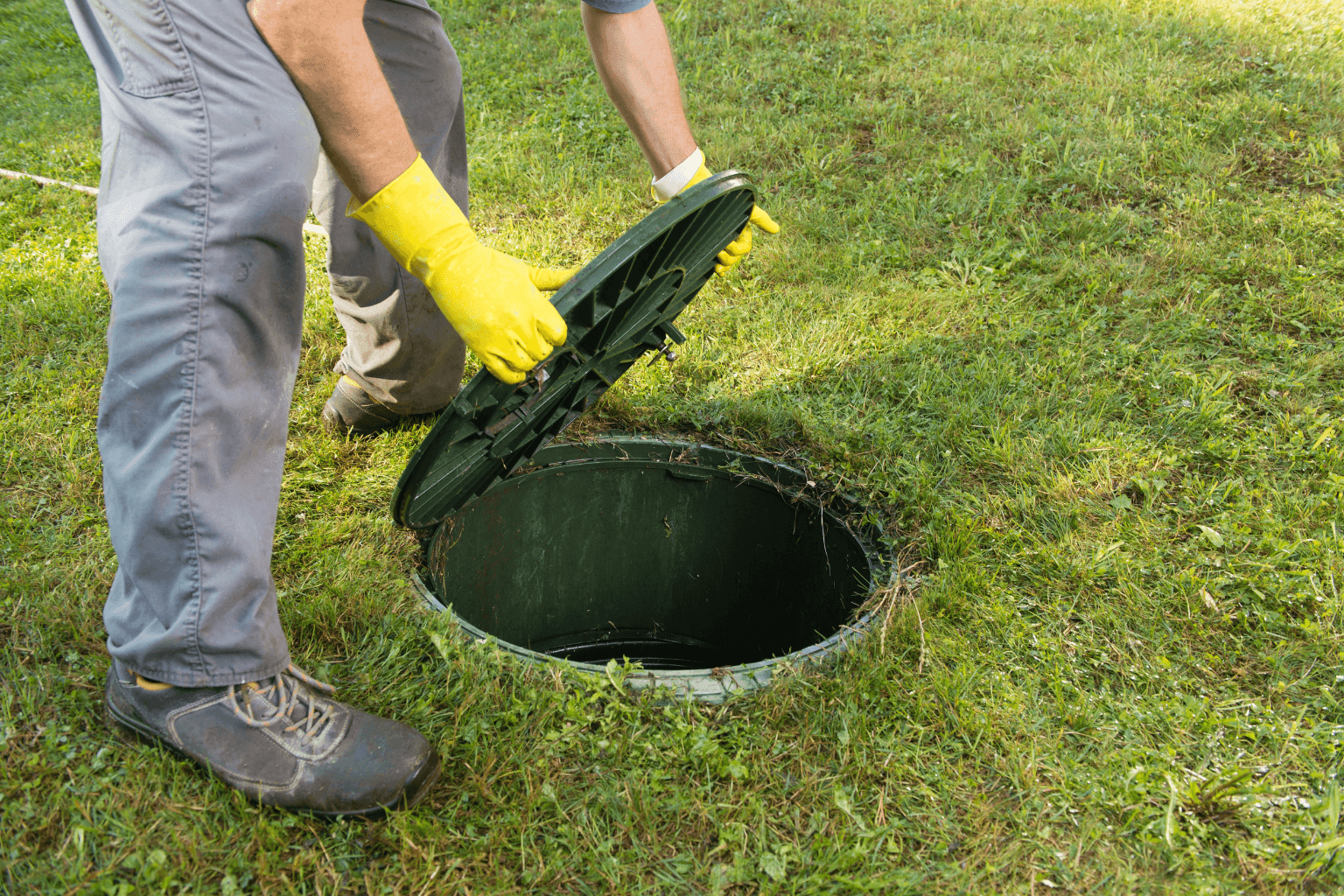Can You Sell a House With Septic System Issues?
Selling a house with septic system issues can seem daunting, but it doesn't have to be. Whether you're facing repairs, dealing with disclosure rules, or deciding whether to sell as-is, there are practical steps we can take. The key is to understand your legal responsibilities, assess the condition of your system, and make informed decisions. With the right approach, you can still make a successful sale, even with a few bumps in the road.
Hot Topic You Might Love: If you're enjoying this, don't miss our latest post — How to Sell a Fire Damaged Home Quickly. It's getting attention and might surprise you.
Key Takeaways
- Have a professional inspect your septic system to assess its condition and identify any potential issues.
- Disclose all known issues in your Seller's Disclosure Notice to avoid legal risks.
- Weigh the costs and benefits of repairing vs. replacing the system.
- Consider selling as-is with transparent communication to establish trust with buyers.
- Explore financial assistance and work with real estate pros for a smoother sale.

Understanding Septic System Issues
Before you sell a house with septic system issues, it's essential to understand the implications of these problems. A failing system can lower your property value, delay your sale, or even break local health codes. Common signs of septic trouble include:
- Slow drains
- Backups in toilets or sinks
- Foul odors in the yard
- Standing water over the drain field
Routine maintenance such as pumping every 3–5 years can help prevent many of these issues. Still, if your system is already struggling, an inspection is a good first step. Knowing what you're working with can help you price your home right and avoid surprises later.
Legal Considerations When Selling a House With Septic System Issues
Selling a home with septic problems isn't just about fixing pipes—it's about following the law. Many states, including Texas and New York, require homeowners to disclose any known septic issues.
Disclosure Rules You Should Know
If you sell a house with septic system issues, you must complete a Seller's Disclosure Notice truthfully. Include past repairs, inspection results, and known failures. In some states, failure to disclose could result in fines or lawsuits from unhappy buyers.

For sellers going through a legal split, here's a helpful guide on selling a house after a divorce agreement in California.
Compliance with Local Regulations
Local health departments often require permits for septic repairs or replacements. In some cases, a home can't be sold unless the system meets current standards. That's why knowing the rules in your area is key.
Learn more about how septic systems work and how to care for them from the U.S. Environmental Protection Agency.
Evaluate the Condition of Your Septic System
To sell with confidence, schedule a professional septic system inspection. This can:
- Confirm if repairs are needed
- Help you price the home accurately
- Build trust with buyers
Even if you're not making any repairs, a documented inspection shows transparency and protects you during negotiations.

Should You Repair or Replace the Septic System?
If your system needs work, you'll face a decision: fix it, replace it, or sell the house as-is. Here's a quick breakdown:
Pros of Repairing
- Lower upfront cost ($300–$5,000)
- Boosts property value
- Widens buyer interest
Pros of Replacing
- Solves long-term problems
- Can eliminate buyer objections
- May be required by law in some areas
Just remember that replacing a septic system can cost $10,000 to $20,000 or more. Balance the investment against how much more you could sell the house for.
Selling a House As-Is With Septic Issues
If repairs are too expensive, selling your house as-is might make sense. This is common for homes that need major work. You'll still need to disclose known issues, but some buyers—especially investors—are accustomed to this.

Wondering how serious home issues can affect resale? Check out this video on What Makes a House Condemned?
What to Know About As-Is Sales
- Expect lower offers
- Cash buyers are more likely
- Honesty about system problems is critical
Consider offering a price reduction or repair credit to sweeten the deal.
Smart Pricing Strategies
When you sell a house with septic system issues, pricing it right is key. Utilize local market data and consult with your real estate agent for their input and guidance. Consider:
- Cost of needed repairs
- Comparable homes in the area
- Buyer perception of risk
List below market value to attract attention or offer closing credits for repairs.
Selling in Sacramento County? Here's how we help in Foothill Farms, CA, even if your home has major system problems.
Negotiating With Buyers
During the negotiation stage, being honest and proactive is your best move.
Tips:
- Share your inspection report
- Be open to repair negotiations
- Emphasize steps you've already taken (like pumping or minor fixes)
Buyers are more comfortable when they know exactly what they're getting.
Financial Assistance Options
Worried about affording repairs before the sale? Look into:
- USDA Rural Development Loans: For septic replacements in eligible areas
- State and local grants: Some offer funding for septic upgrades
- Nonprofit home repair loans: Low-interest help for necessary home systems

Work With a Real Estate Agent Who Knows Septic Systems
Finally, don't go it alone. A seasoned agent can:
- Help with disclosure forms
- Recommend trusted inspectors
- Market your home honestly yet effectively
- Connect you with investors or as-is buyers
They can turn a complicated process into a manageable one—and help you sell faster.
Conclusion
Yes, selling a house with septic system issues is a challenge, but it's not impossible. By understanding your legal duties, evaluating your system, and making wise choices about repairs, you can still close the deal. Whether you fix the system or sell as-is, transparency, pricing strategy, and expert support will guide you to a successful sale.





